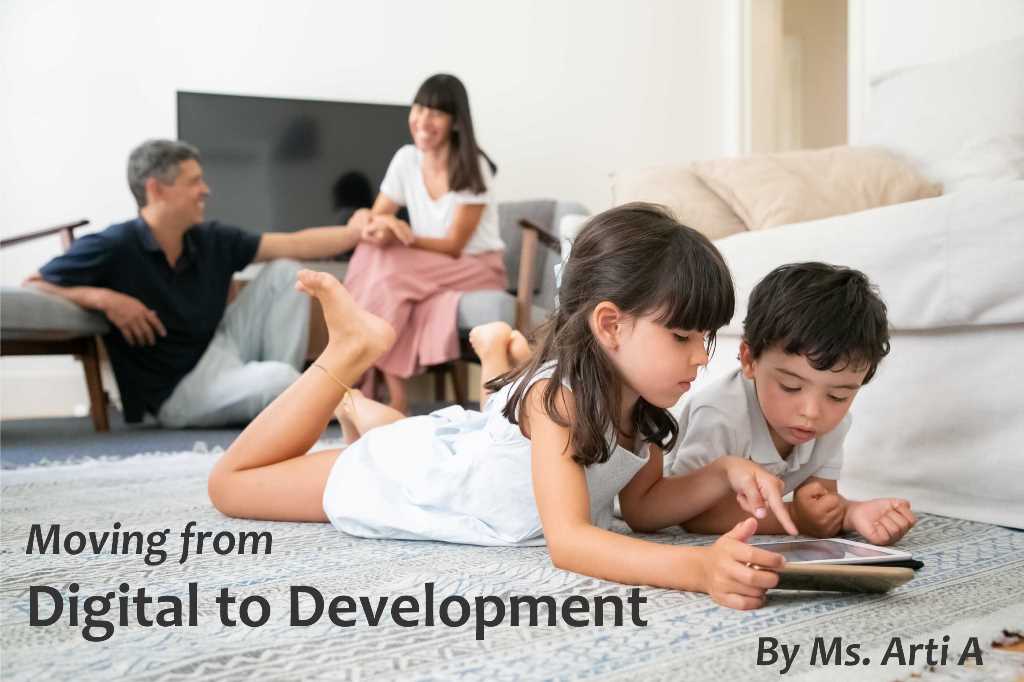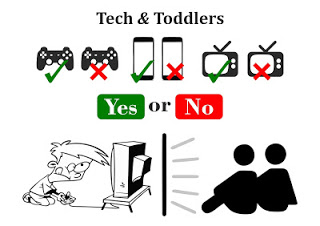Digital Exposure & Experiencing Nature -The Balance our children need!
One of the perks of working as a parenting coach and counselor is being able to pull from your own experiences, both as a father and of course as a kid. This forces you to realize just how much has changed since your childhood. As a latchkey kid who thrived on fresh air, Extensive Playtime, and family dinners, I look at today’s generation of tech-savvy tots and wonder when — and, more importantly, how — this transformation occurred.
Today’s childhood is getting trapped in a world of gadgetry!
My first “owned” Gadget was at 21. A cellphone shared by my sister and me, but operated by my Father because ‘you all are young to use it and hey it is expensive!
The most telling difference between my childhood and the present, however, is today’s lack of time. Time to explore, time to experiment, time to be a child – which means, most importantly, time to play.
Mr.COVID having added to it all!
The Kids of the big cities and now rapidly increasing in Towns as well are living in a ‘citified’ environment- lack of connection with Nature.
A child, any growing child needs stimulation-
The Gadgets, The screens, The schools and even the parents are however becoming Overwhelming rather than stimulating to a child’s sensory demands.
The Child may have all the consumption but is steadily being devoid of the Engagement.
We are teaching our children how to make a living, but not life!
We’ve been telling them how we have made our way to the moon and back, but have trouble letting them meet the new neighbor.
This boon of ‘Digital Fidgeting’ has taken away the ‘Friendly Neighbourhood’.
Quite a Paradox is it not!
So, is there a way back from this? Should we reconsider?
Should we BAN the Digital world from a child’s life?
As a Parenting Coach, I have counseled and seen many cases where extremes have failed!
The answer one feels is in Division of the day, week, month.
Slowly and steadily compartmentalize the mind of the child to understand that the week is going to be designed into 2 parts.
Balanced between Boons of Digital Exposure to The abundance of Nature.
Children nowadays have many more opportunities to literally see the world than we had. In our time, we could only read about different countries and their culture through books. Now, there is digital media to support that experience and of course, not to mention the opportunity to travel and experience first-hand. so why not have a balance.
When you introduce your little one to animals and their sounds on the television, ensure you take her/him to the zoo to see those animals in their natural habitat and hear those sounds real in the next 2 days. This makes 2 days of both offering them Digital Exposure and Experiencing Nature.
When your child watches an animal animation fiction on the Tele, that same week Arrange for a trip to an Animal Café for her/him to feel the warmth and compassion of the animals of different kinds.
The above examples will ensure that a child will consume the ways and means of an animal kingdom, species, and their ways via digital boon and then experience the engagement when they visit such places and feel their sensory demands being satisfied.
A perfect example of balance and harmony of
Look, Listen & feel.
This can be tried in all aspects of the child’s interest. Now the child will know and appreciate the difference between learning from digital media and being and feeling in the real environment. The child enjoys and appreciates the worth of both aspects.
Woh kehte hain na, “ बच्चों को ये सिखाना चाहिए कि कैसे सोचें , ना कि क्या सोचें।
To me, this will create an environment for the child to recognize the balance between Consumption and Engagement.
-Santosh Bakhshi
A Life Coach & A Learning Father!









